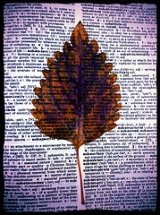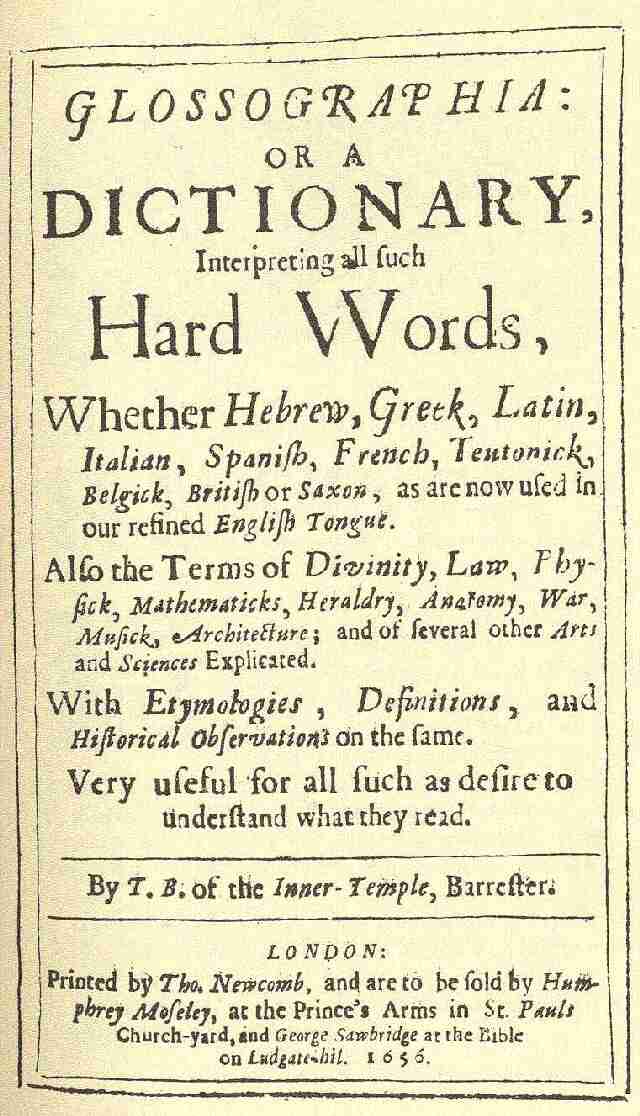
.
Etymology and History of 'Lipogram'
| Main | Origins | Links | Works | Compositions |
"Lipogram" is a backformation (a word created by removing suffixes and prefixes from a prexisting word) from the Greek adjective lipogrammatos, meaning 'wanting a letter'. The term is a combination of lip-, a weak stem of leipein 'to leave, to be wanting', and gramma, grammat- a letter. I am not aware of any intermediary language through which the term spread to English; it is thus one of many terms developed in the 18th and 19th centuries (the great age of classical scholarship). Of course, lipograms existed before that time, but the term was never used in antiquity.
As far as can be told, the word 'lipogram' was first used in English by the playwright, essayist and statesman Joseph Addison (1672-1719) in The Spectator, his famed series of essays, in 1711. On May 8 of that year, Addison derided the "lipogrammatists or letter-droppers of antiquity", naming specifically Tryphiodorus' Odyssey as the worst exemplar of this approach. He continued on May 11, writing, "As true Wit generally consists in this Resemblance and Congruity of Ideas, false Wit chiefly consists in the Resemblance and Congruity sometimes of single Letters, as in Anagrams, Chronograms, Lipograms, and Acrosticks; Sometimes of Words, as in Punns and Quibbles; and sometimes of whole Sentences or Poems, cast into the Figures of Eggs, Axes or Altars ...". Addison treats lipograms (along with all wordplay) in a disparaging manner; we can forgive him, I suppose, if we interpret him as meaning that wordplay alone cannot constitute great literature. Indeed, we should not confuse linguistic cleverness with profundity of thought.
Of course, it is unlikely that Addison actually coined the word 'lipogram'; though he was writing for an educated audience, the word may have been used orally or in now-lost print sources somewhat prior to 1711. Nevertheless, in using the word first in print, Addison made a mark in etymological history by creating a word for a concept he despised.
I hope you have found this site to be useful. If you have any corrections, additions, or comments, please contact me. Please note that I am not able to respond to all requests. Please consult a major dictionary before e-mailing your query. All material on this page © 1996-2021 Stephen Chrisomalis. Links to this page may be made without permission.








